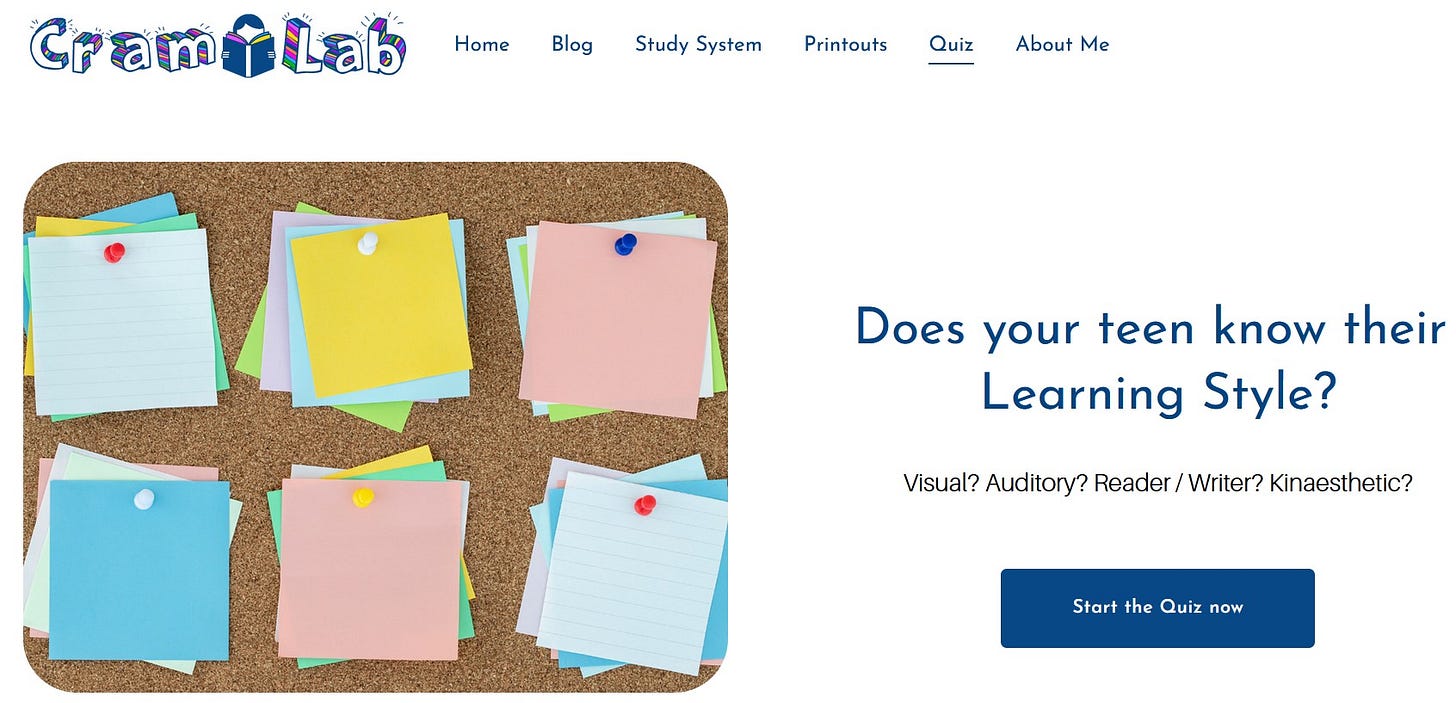Finding focus: How to help your teen concentrate and kick goals while studying
How can you help your teen give their study sessions focus, structure and purpose?
Hi there,
I feel for your teen. When I was at high school cell phones were still in brick form and sending a text message cost 20 cents. Internet was dial up. Doing research consisted of walking to the library to find books and using Encyclopaedia Britannica on CD-Rom.
I can only try to imagine attempting to focus while studying as a teenager now when they have infinite possibilities for distraction only a reach away.
However, we must not get despondent!
What your teen needs is a study plan to help bring focus and maintain that focus during their study sessions. Today I want to give your teen the study technqiues they need to find that focus.
If your teen is struggling to find their focus and motivation, their study sessions are probably in desperate need of some structure. The tips below will give your teen’s study sessions that structure.
Set a timeframe
If your teen is not yet in the habit of studying regularly and finds it all an uphill battle, my suggestion is that they start by setting aside a reaslistic amount of time for a study session.
Could be an hour, could be two. If your teen is really struggling, half an hour is great.
Finding their focus will be an extremely elusive goal if your teen feels as though they have to sit down at their desk for an undefined period time.
Work towards an endpoint
Alongside a timeframe, I suggest your teen has a goal, or a couple of goals, to work towards every time they sit down to study.
One practice essay; 20 maths questions; scoping ideas for an assignment; reading a chapter of the book set for English reading; two pages of study notes.
How can anyone be expected to find their focus if they sit down without a goal to work towards?
Productive people are task-orientated. It doesn’t matter how big or small the task is, your teen just needs to have one in mind before they start their study session. Otherwise they are likely to be left staring into the void; or perhaps more likely, reaching for their phone.
Incorporate an activity of some kind
To really turn that focus dial up, and to help with processing and retaining the information they are studying, your teen can incorporate some kind interactive activity into their study session.
The exact type of activity should depend on what type of study activity your teen enjoys / finds useful. A few ideas:
a quiz of practice questions to test their knowledge of what they just studied
seeing how many levels your teen can get through on Khan Academy
making some flash cards and seeing how many they get right and trying to improve the next time
testing themselves to see how high up the Periodic Table they can recite off by heart
If your teen responds well to ‘rewards’ or incentives, I suggest they make time for this at the end of their study session. I won’t go as far as saying this will be a ‘fun activity’ for your teen to look forward to; they’re not at primary school. But I think we are never too old to get a kick out of learning and being satisfied at seeing our own progress.
For maximum efficiency, your teen might like to try to find activities that support their predominant Learning Style. For instance, taking an interactive online quiz will probably be of particular appeal to Kinaesthetic Learners (but who doesn’t love a good quiz).
(If your teen does not know what their Learning Style might be I have a free quick and easy 12 question quiz they can take here at Cramlab.org/learning-styles)

So there we have three very simple study techniques your teen can implement right away that will give their study sessions structure.
Structure is the key to giving a struggling teen footholds to hold on to while they learn to focus, maintain their concentration and actually engage with what they’re studying.
Is finding focus something your teen has been struggling with? Let us know in the comments, we’re all here to help.
Clare



